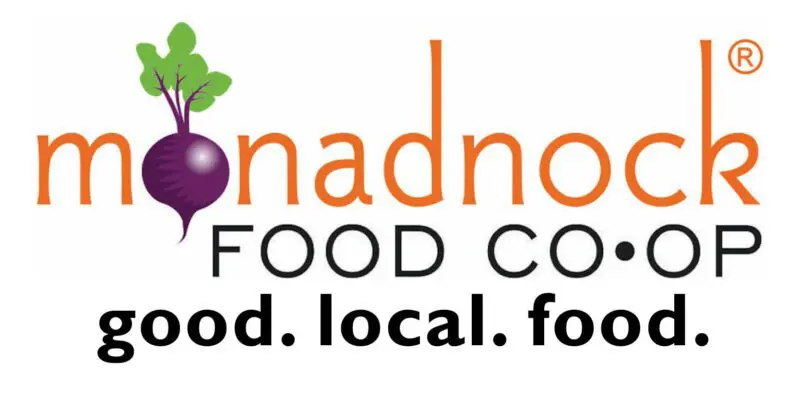As a member of the Monadnock Food Co-op Board, I have the opportunity to meet many of our peer cooperators from around the Northeast while attending regional food co-op gatherings. I enjoy sharing the success of our co-op and have learned much about co-ops and the cooperative movement we are part of from others in urban areas like Providence, RI and Hartford, CT; in smaller cities like Ithaca, NY, Hardwick, VT and Portland ME. There is a lot going on in the co-op world; here in New England there are currently 11 start-up food co-ops in various stages of organization and development.
 On Saturday, March 18th, several co-op staff and board members attended the Annual Meeting of the Neighboring Food Co-op Association, of which Monadnock Food Co-op is a member. It was yet another great opportunity to network with staff and board members from other co-ops.
On Saturday, March 18th, several co-op staff and board members attended the Annual Meeting of the Neighboring Food Co-op Association, of which Monadnock Food Co-op is a member. It was yet another great opportunity to network with staff and board members from other co-ops.
The highlight of the day for many of us was the keynote address by Cornelius Blanding, the Executive Director of the Federation of Southern Cooperatives/Land Assistance Fund. I learned about an important chapter of cooperative (and American) history from Mr. Blanding. He described the Federation of Southern Cooperatives as the intersection of the Civil Rights Movement and the co-op movement beginning in the 1960’s in the south. African-American run economic cooperatives started in the South in the 1860’s to protect the small parcels of land that their members owned, and to create economic opportunity in poor, predominately African-American, rural communities. Cooperatives were formed out of economic necessity to combat racism and economic exploitation. In 1967, twenty-two cooperatives in nine southern US states formed the Federation to “…support and advocate for black farmers and rural communities across the South through economic development, training, policy advocacy, and organizing.” The Federation’s work continues today. While listening to Mr. Blanding, I was reminded of our co-op’s Ends Statements, (listed below), which is our purpose, or the “big idea” that our founding members envisioned when our co-op opened its doors just 4 short years ago.

The “big idea,” similar to our Ends Statements, for Cornelius Blanding and the Federation of Southern Co-operatives, is a question: “What if?” What if residents owned some, or, the entire economic infrastructure of their community? What if residents could combine limited resources to create a transportation system to get goods to markets, or to get food and agricultural products processed? What if we could create jobs to help create economic sustainability and growth in our community? The “what ifs” that define the rural cooperatives, which now make up the Federation of Southern Cooperatives, and Monadnock Food Co-op’s End Statements may seem different at first glance. But, look closer and you’ll see many similarities: community ownership, a sustainable and healthy food system, support of local agriculture and production, and a strong local economy. The next time you are in our co-op, remember that we are a small, but important part of a local, regional and worldwide network of cooperative enterprises. Each cooperative, wherever they are geographically located, enable residents to increase ownership of their communities and economies. There are many cooperators in communities around the globe with similar ends statements, “what ifs” and “big ideas” creating a more inclusive economy.
The Ends Statements of the Monadnock Food Co-op:
- An accessible, community owned downtown food market
- A marketplace that welcomes and connects community
- A healthy, sustainable food system
- The support of local farmers and producers
- Appropriate education and training for the community
- A strong, sustainable and improving local economy
For more information about the Federation of Southern Cooperatives see https://www.federationsoutherncoop.com and https://nesawg.org/news/model-network-federation-of-southern-cooperatives

